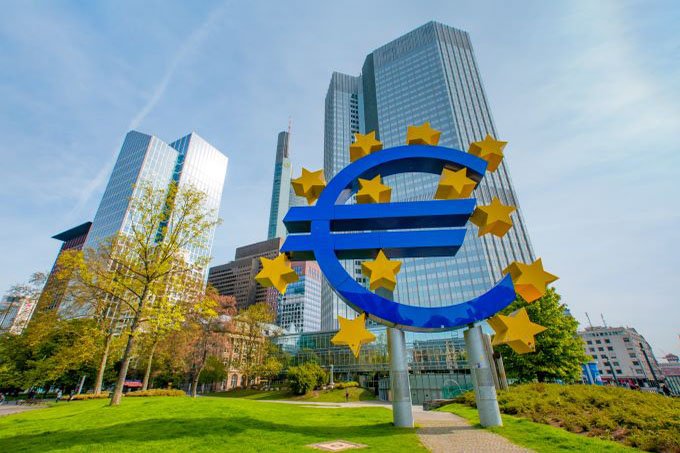 ECB Board Member Isabel Schnabel said that the bank is fighting against any increase in interest rates, claiming that it could hinder the Eurozone's economic recovery.
ECB Board Member Isabel Schnabel said that the bank is fighting against any increase in interest rates, claiming that it could hinder the Eurozone's economic recovery.
“A too abrupt increase in real interest rates on the back of improving global growth prospects could jeopardise the economic recovery,” she said. “Therefore, we are monitoring financial market developments closely.”
Schnabel was making a reference to the fact that borrowing costs have been rising across different markets, linked to the rising U.S. Treasury yields and higher inflation expectations.
She added that despite the growth rate lagging behind the bank's expectations, the Eurozone should be back to pre-pandemic levels by mid-2022.
European Central Bank President Christine Lagarde expressed similar concerns, saying that the bank is currently monitoring sovereign yields, though she was making a reference to nominal yields.
"Within the broad-based set of indicators that we monitor to assess whether financing conditions are still favourable, risk-free overnight indexed swap rates and sovereign yields are particularly important," Lagarde said.
The European Central Bank recently reported that corporate lending growth slowed down in January. Lending to non-financial corporations fell to 7%, after being at 7.1% in the previous month. The monthly flow of credit to firms was -0.2 billion euros, mostly due to the fact that drops in countries like Spain offset the gains from countries like Germany.
Despite the lockdowns, businesses and consumers are getting more optimistic regarding the upcoming months, as the economic sentiment indicator went up to 93.1 from 91.3 in February.
"The improvements were seen for both manufacturing and services, although services activity remains very subdued for the moment," said an analyst at ING.
By 9:49 GMT, the euro gained 0.41% against the US dollar, hitting the 1.2214 level.

